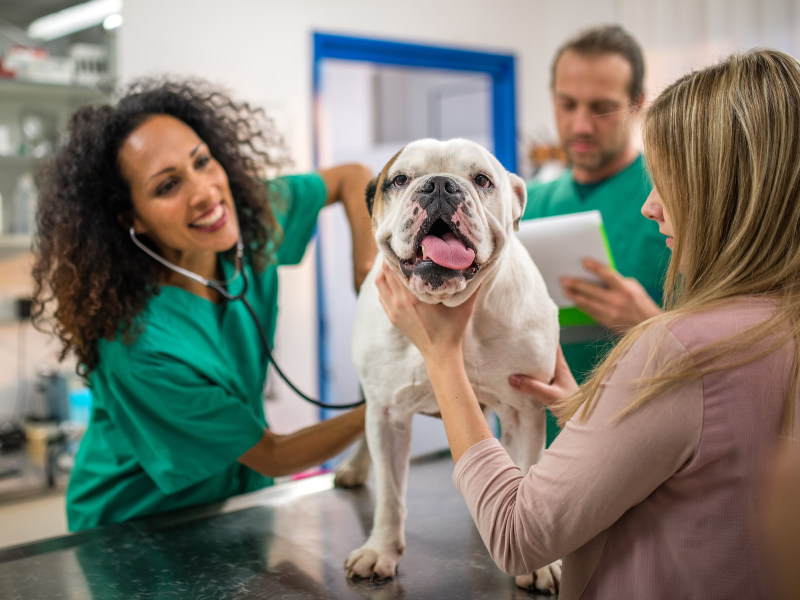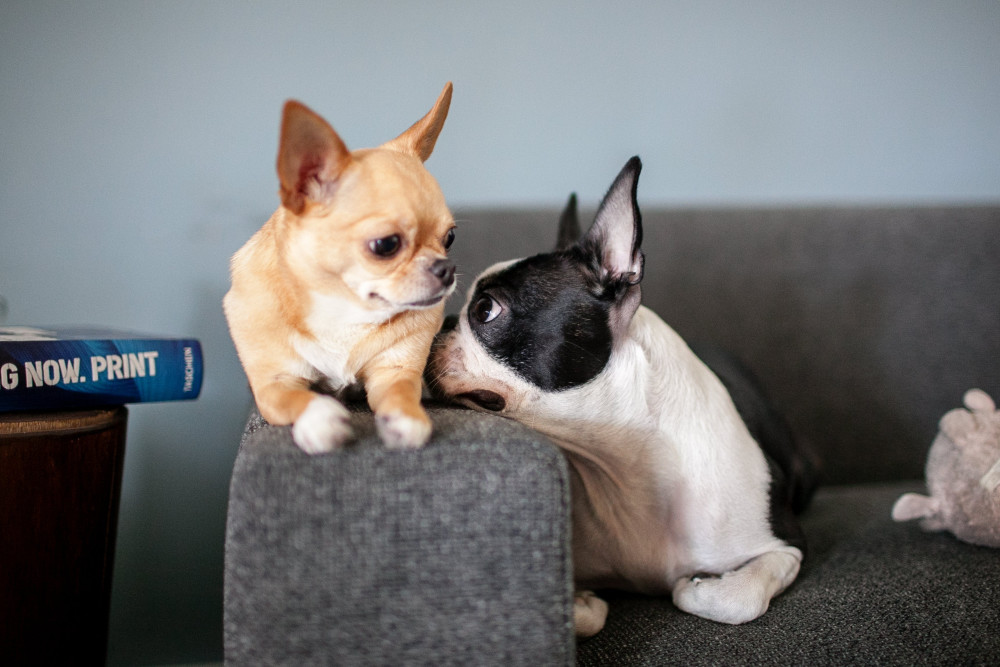
Lists
Top 10 therapy dogs
Looking for the perfect pup? Take our dog breed selector quiz to find get results based on your lifestyle.
It’s no secret that dogs are loving creatures who are eager to help their human companions any chance they can get. That’s why certain breeds are known to make great therapy dogs, which provide comfort and affection to patients in disaster areas, schools, hospitals, retirement and nursing homes.
However, it takes a special kind of temperament to be a therapy dog and not all dogs have the chops. Most organizations that run therapy dog programs, like St. John's Ambulance, have an extensive screening process with numerous tests in order to receive therapy dog certification.
An ideal therapy dog must be good at things like basic commands, going up and down ramps, feel at ease around wheelchairs and crowds and must be exceptionally good with people. Being prone to bathroom accidents is an automatic disqualification.
Something you should know is that there’s a difference between therapy dogs and assistance dogs. The latter are specially trained to perform a task, like guiding the visually impaired, while therapy dogs are there to provide comfort and love.
Top 10 Therapy Dogs
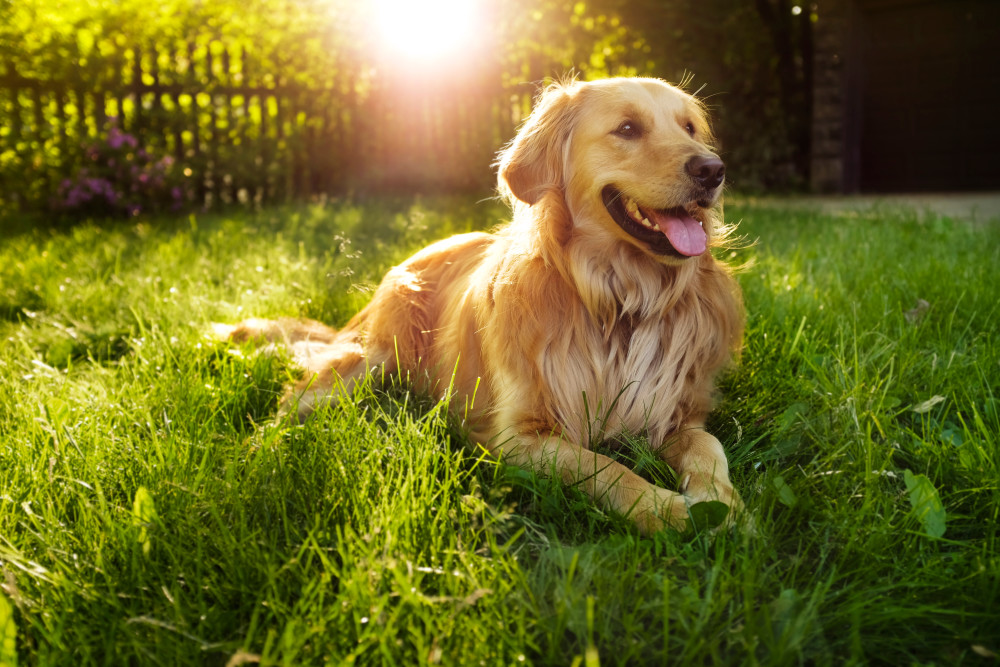
1. Golden Retrievers
It’s no surprise these mild-mannered creatures with a permanent smile are ideal for therapy work. They’re one of the most popular breeds in Canada because they’re easy to train, good with families and rarely put up a fuss. It won’t be hard to win over your Golden Retriever. They have a strong desire to please people—even if they’re strangers. In fact, the first therapy dog was a Golden Retriever. Nurse Elaine Smith started the first therapy dog program in 1976, after she noticed that patients responded positively to a Golden Retriever who accompanied a chaplain on hospital visits.
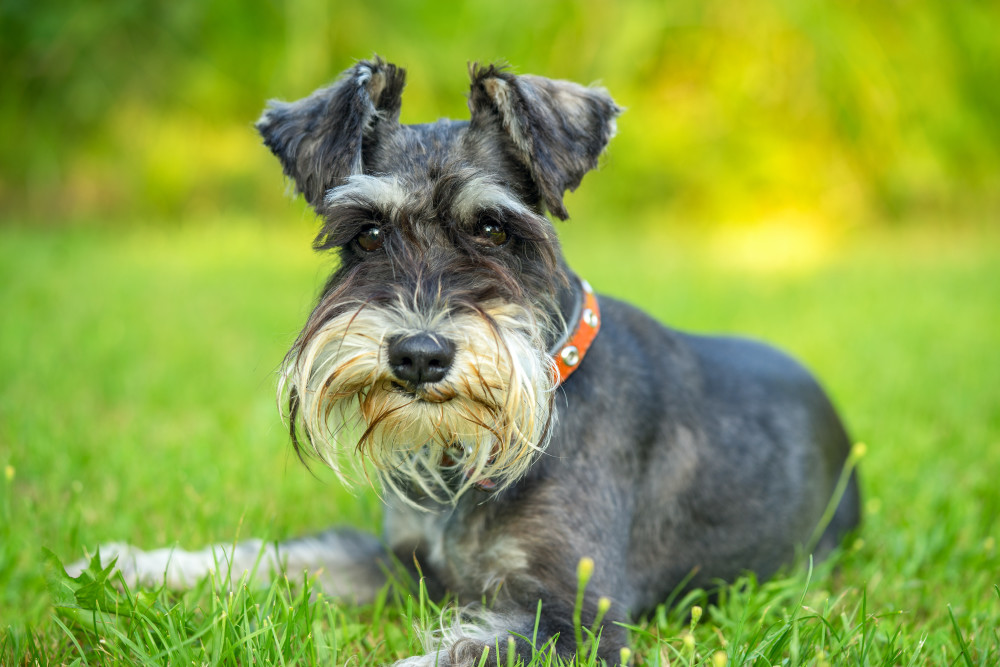
2. Miniature Schnauzers
Miniature Schnauzers live long and healthy lives, barely shed, and are able to travel quite easily. They are intelligent, friendly, and obedient, making them a great family dog choice. They’re also often used a therapy dogs because they love human contact and can sit in your lap all day long. Mini Schnauzers are adaptable, able to go from roaming large expanses of farmland to small apartments. They enjoy physical activity and love spending time kids.
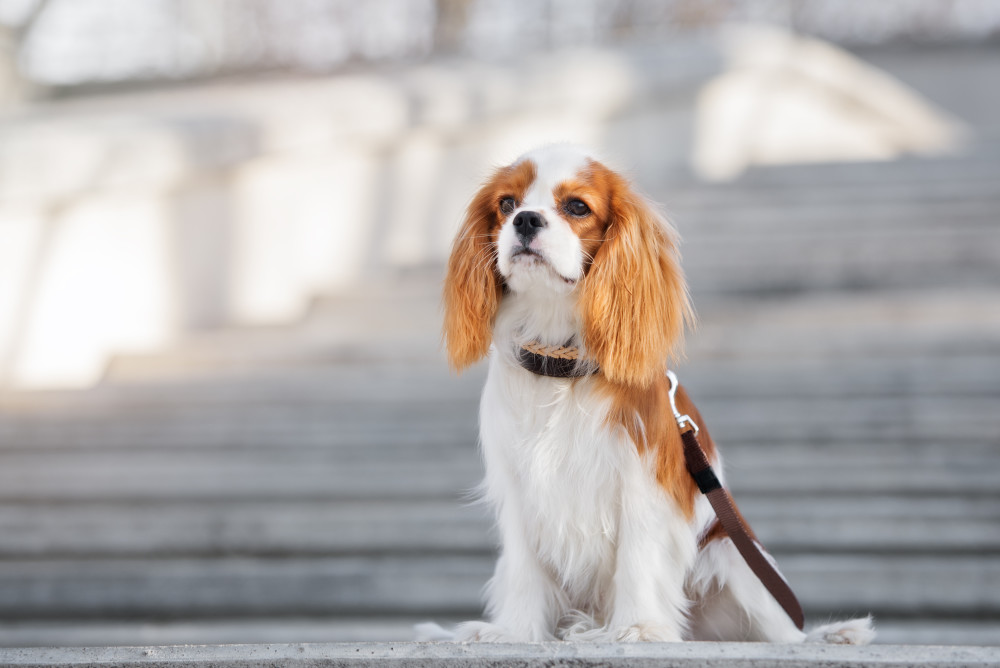
3. Cavalier King Charles Spaniels
Because Cavalier King Charles Spaniels were bred to be loyal companions, they make for great therapy dogs. Placing themselves in any crease closest to you, preferably a lap, Cavalier King Charles Spaniels need and desire affection. They'll love you if you're a baby, a senior, the mail man, or a complete stranger. If their floppy ears and wagging tail doesn't make you melt, surely their large, dark round eyes will.
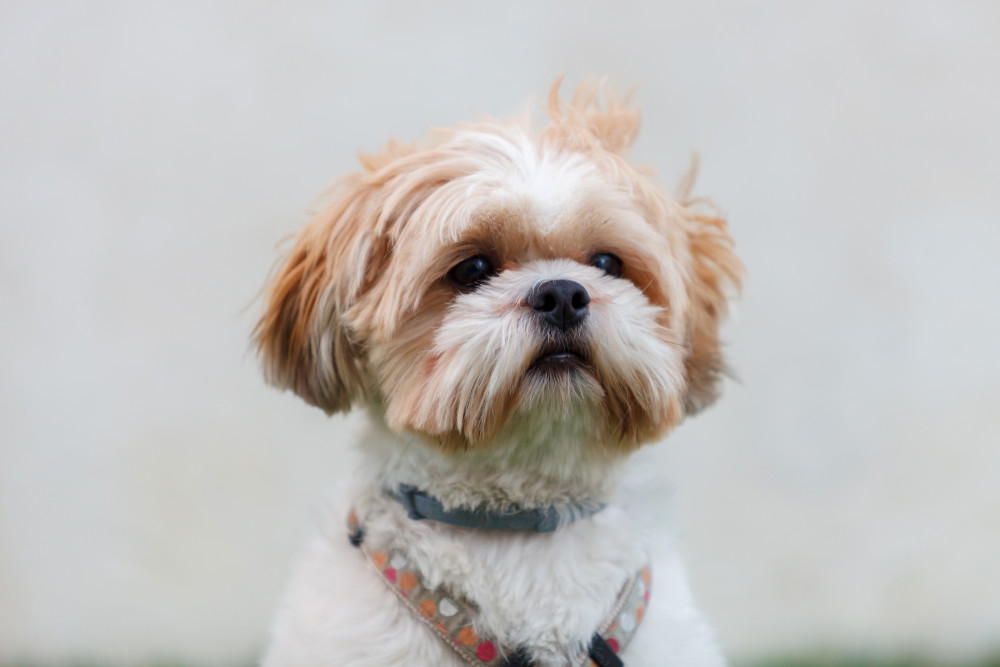
4. Shih Tzu
The regal lineage of this breed is part of what makes them fabulous therapy dogs— they aren't picky about laps. Even though they were originally been bred for Chinese palace living, Shih Tzus don’t need much space to roam. They much prefer lounging with their humans, with loads of cuddles. Shih Tzus are also very patient and affectionate with children.

5. Boston Terriers
Boston Terriers might be small in stature but they’re huge in personality. They’re friendly, curious and people-oriented — all qualities that make them a great therapy dog. Whether you’re in an apartment or a big house with a yard, your Boston will be right at home. They can also get you up and moving. This is a great that loves to run and play.
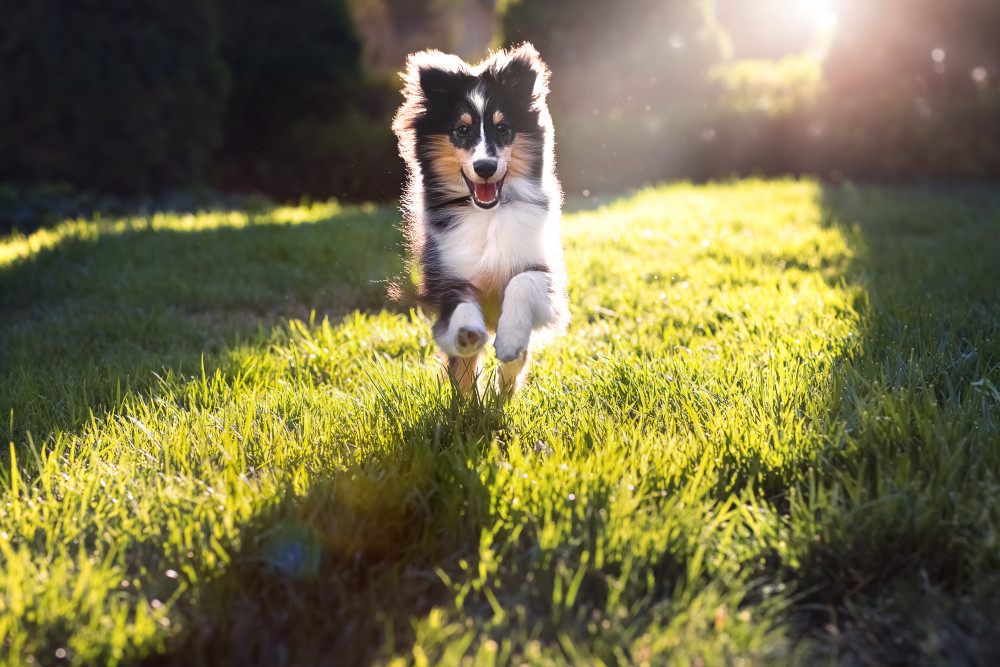
6. Shetland Sheepdogs
Previously a Scottish farmer's best friend, today Shelties make excellent family dogs. Shelties are playful, sensitive pups that have endless devotion for their loved ones. They are very eager to please and ready to try anything you command. This breed is good-natured and affectionate with young children, and interact well with other dogs.
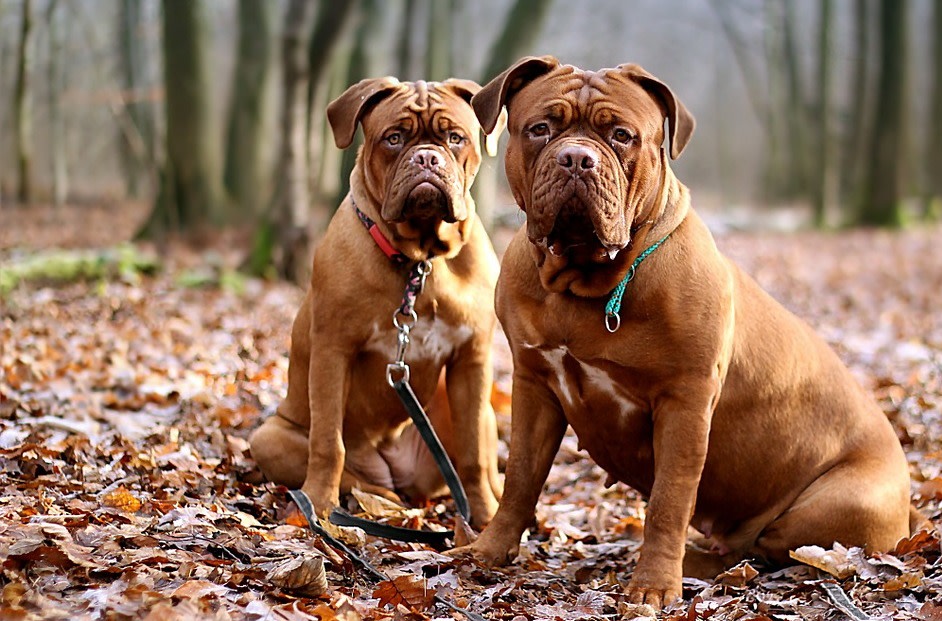
7. Mastiffs
Mastiff dogs are the typical gentle giant breed. Standing up to 30 inches at their shoulders, they can outgrow a full size man. It's hard to miss their thick heads, sturdy legs, and huge paws. While startling at first sight, a well-trained Mastiff is nothing to fear. There’s just a lot to love, from their droopy lips to wrinkled forehead to floppy tongue. They're dignified and good-natured companions that make great therapy dogs.
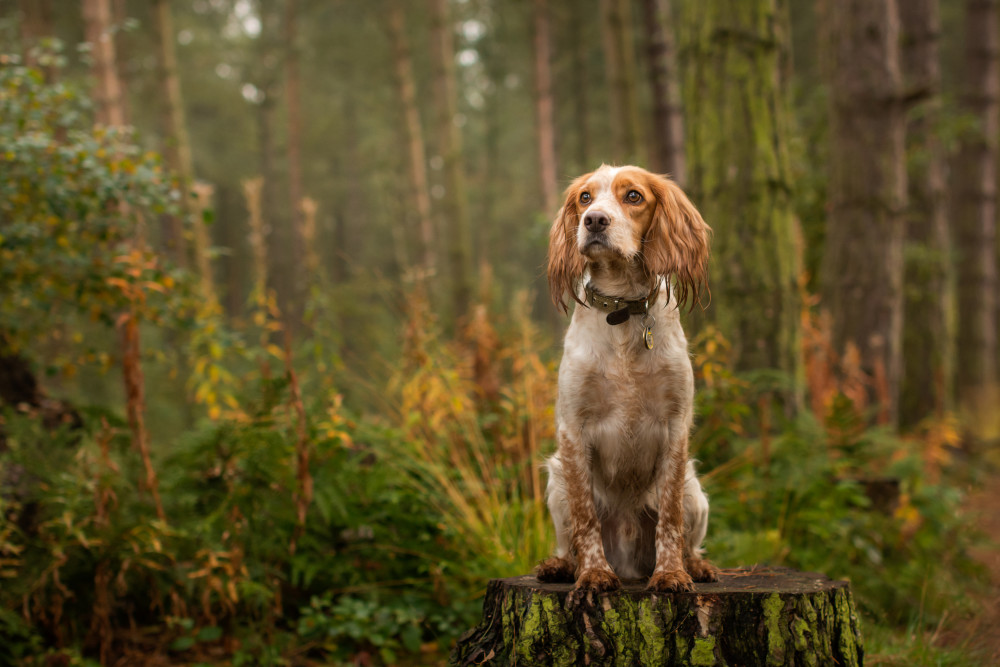
8. Cocker Spaniels
The Cocker Spaniel brings a bit of everything to the table, which is probably why they’re one of the most popular breeds in North America. They’re also a popular breed for therapy support. They are keen on making new friends and love being a playmate for children and other pets. Cockers love to be exercised, whether its playing fetch, an agility course or a long walk.
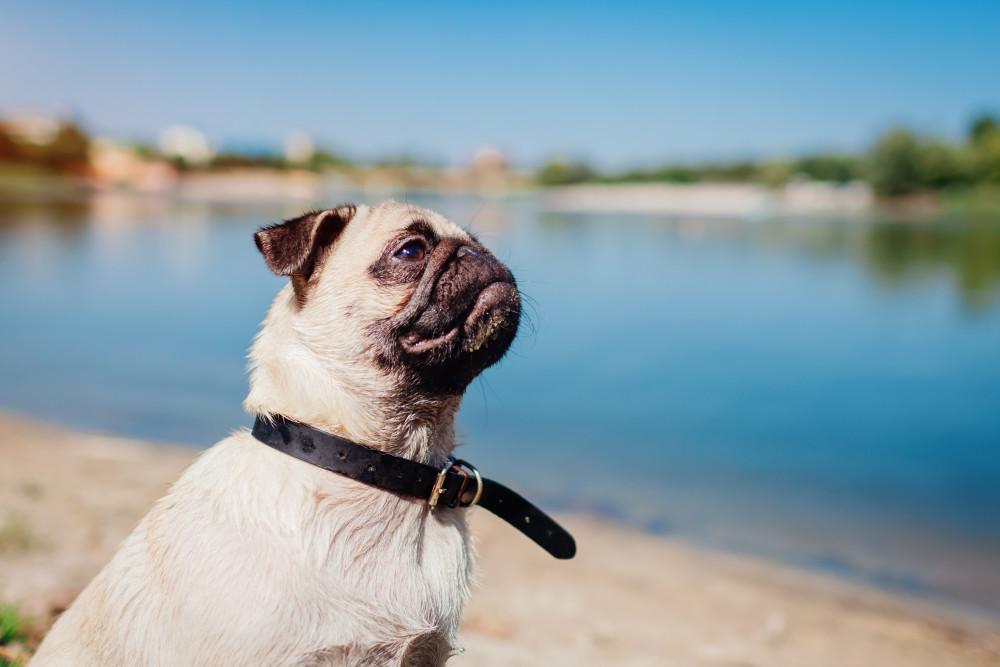
9. Pugs
These dogs are content wherever they may be, whether that’s the city or country, nursing home or hospital. They enjoy moderate exercise but really love lounging around, preferably on a lap. Be mindful of temperature with these dogs. As with all flat-faced dogs, pugs don’t do in heat or humidity, so make sure there’s air conditioning available.
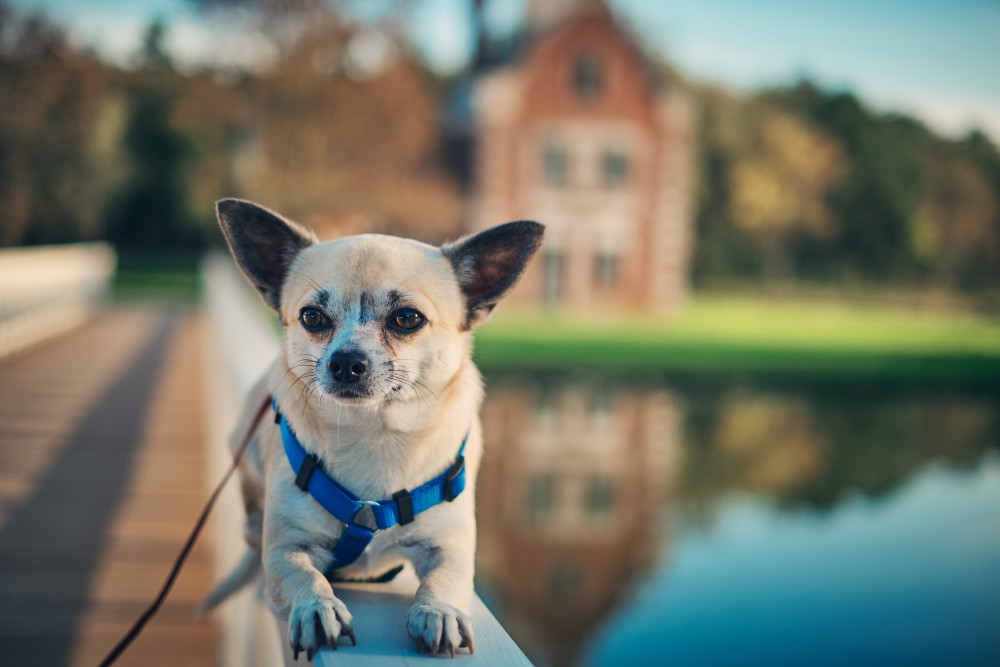
10. Chihuahuas
You know that expression, “Good things come in small packages”? It’s definitely about Chihuahuas. These sassy little dogs come with big personalities and oodles of charm. Fiercely loyal, a Chihuahua is happiest in their owner’s lap. They also love to burrow deep in blankets on the couch—really anywhere that’s warm and cozy. This is a great therapy dog for owners that don’t have time for long walks and live in a small space.
